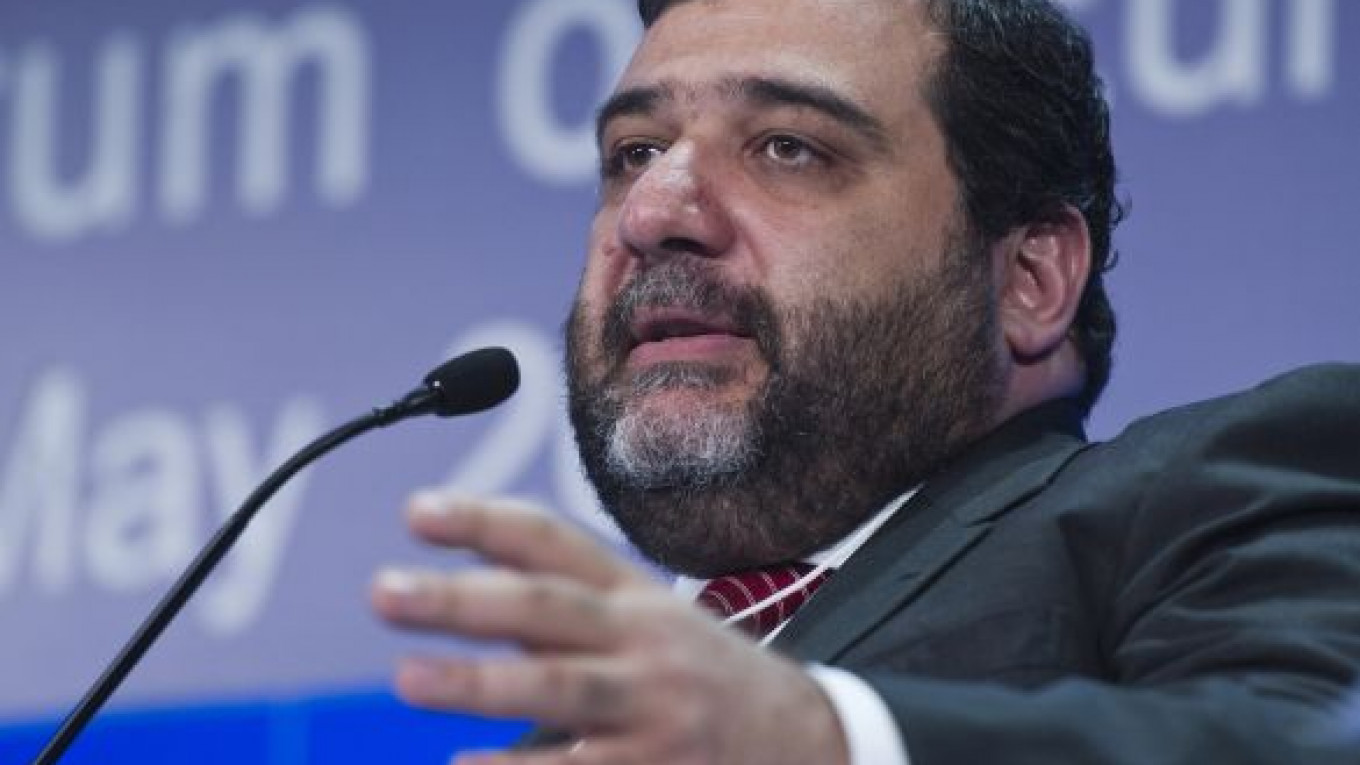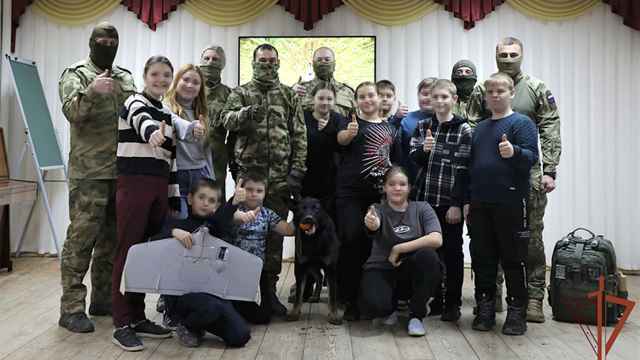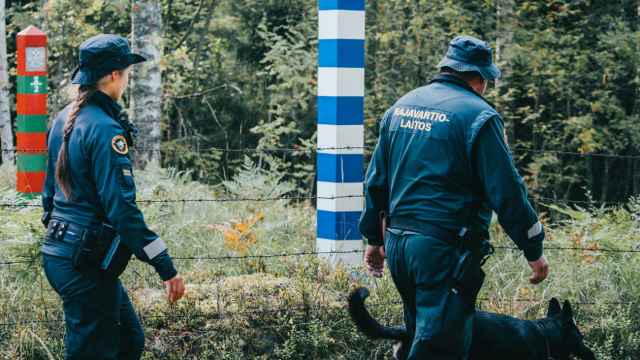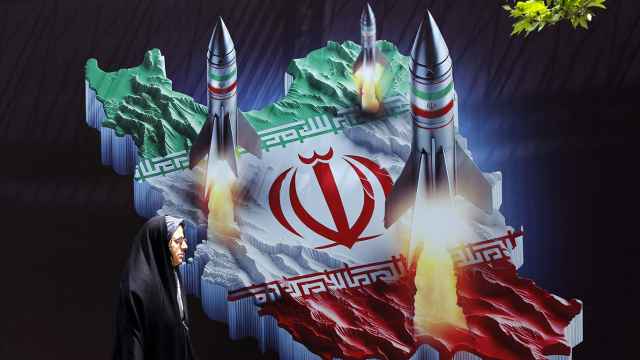Ruben Vardanyan, chairman of Troika Dialog, said Friday that he would quit Russia's oldest brokerage in three to five years and offer his 40 percent stake to the firm's management.
"After 20 years of being head of the company, I told people many times already I am not the person who wants to be in investment banking till the end of my life," said Vardanyan, 42, in a phone interview from Italy. "I am trying to prepare people for when I step down in three to five years' time."
Should the management buyout fail, Vardanyan said another option would be to offer the stake to state-controlled lenders Sberbank and VTB Group, along with South Africa's Standard Bank, which already owns 36 percent of the company.
Jacques Der Megreditchian, chief business officer of Troika, who proposed the buyout, is the leading candidate from within the company to take over, Vardanyan said.
Vardanyan's decision to leave Troika comes after Pavel Teplukhin, managing director and head of the group's asset management unit, announced in January that he would leave.
Teplukhin's exit follows three senior departures since Troika entered into a strategic alliance with Standard Bank in March 2009 by selling a 33 percent stake for $200 million. Under the deal, Troika also received Standard Bank's Russian business.
In its 2009 annual report, Standard Bank said it had a 36 percent stake.
"Troika's founder, Peter Derby, was setting up the business and went to one of Moscow's leading universities and asked the dean if he could meet the smartest graduate, who happened to be Ruben," Ronald Freeman, a member of Troika's board of directors, said by phone. Derby, an American investor, founded Troika in 1991.
Vardanyan said Troika was worth as much as $2.8 billion when he was approached to sell three years ago. "That was a fair reflection at a time in a crazy sellers market, when everyone was biased about the future," Vardanyan said. "If you look back, everything was valued differently."
Troika's local rival, Renaissance Capital, sold a 50 percent stake to billionaire Mikhail Prokhorov in September 2008 for $500 million. That was 18 months after Renaissance rejected a $4 billion offer from state-run VTB Group, according to Vedomosti. UBS valued RenCap at as much as $10 billion four months later, Vedomosti reported.
"The partnership board consists of 15 people, and there is a mechanism and rules that exist for the buyout of shares owned by partners leaving the company," Vardanyan said. He prefers a management buyout because it is important for a "strong and professional team that can take risks and move forward" to take over.
Selling his stake to foreign investors is another option, Vardanyan said in the interview.
Vardanyan, who has led Troika since 1992, helped set up Russian business school Skolkovo.
"We raised above $100 million from businessmen just to build a school without any tax benefits. People trust me and will provide me money for new projects," he said. "I want to do other things, perhaps special asset management for charity or trying to build a charity industry which doesn't exist yet in Russia."
Vardanyan is board chairman of Armenia's AmeriaBank and is a board member at AvtoVAZ, truck maker KamAZ, and gas producer Novatek.
Troika plans to increase its headcount this year by 10 percent from 1,200 and expand in Asian and African markets, Vardanyan said.
"We are looking for new opportunities," he said. At the same time, "the market remains very shaky, and we don't want to be very risky and to make many long-term commitments."
A Message from The Moscow Times:
Dear readers,
We are facing unprecedented challenges. Russia's Prosecutor General's Office has designated The Moscow Times as an "undesirable" organization, criminalizing our work and putting our staff at risk of prosecution. This follows our earlier unjust labeling as a "foreign agent."
These actions are direct attempts to silence independent journalism in Russia. The authorities claim our work "discredits the decisions of the Russian leadership." We see things differently: we strive to provide accurate, unbiased reporting on Russia.
We, the journalists of The Moscow Times, refuse to be silenced. But to continue our work, we need your help.
Your support, no matter how small, makes a world of difference. If you can, please support us monthly starting from just $2. It's quick to set up, and every contribution makes a significant impact.
By supporting The Moscow Times, you're defending open, independent journalism in the face of repression. Thank you for standing with us.
Remind me later.






